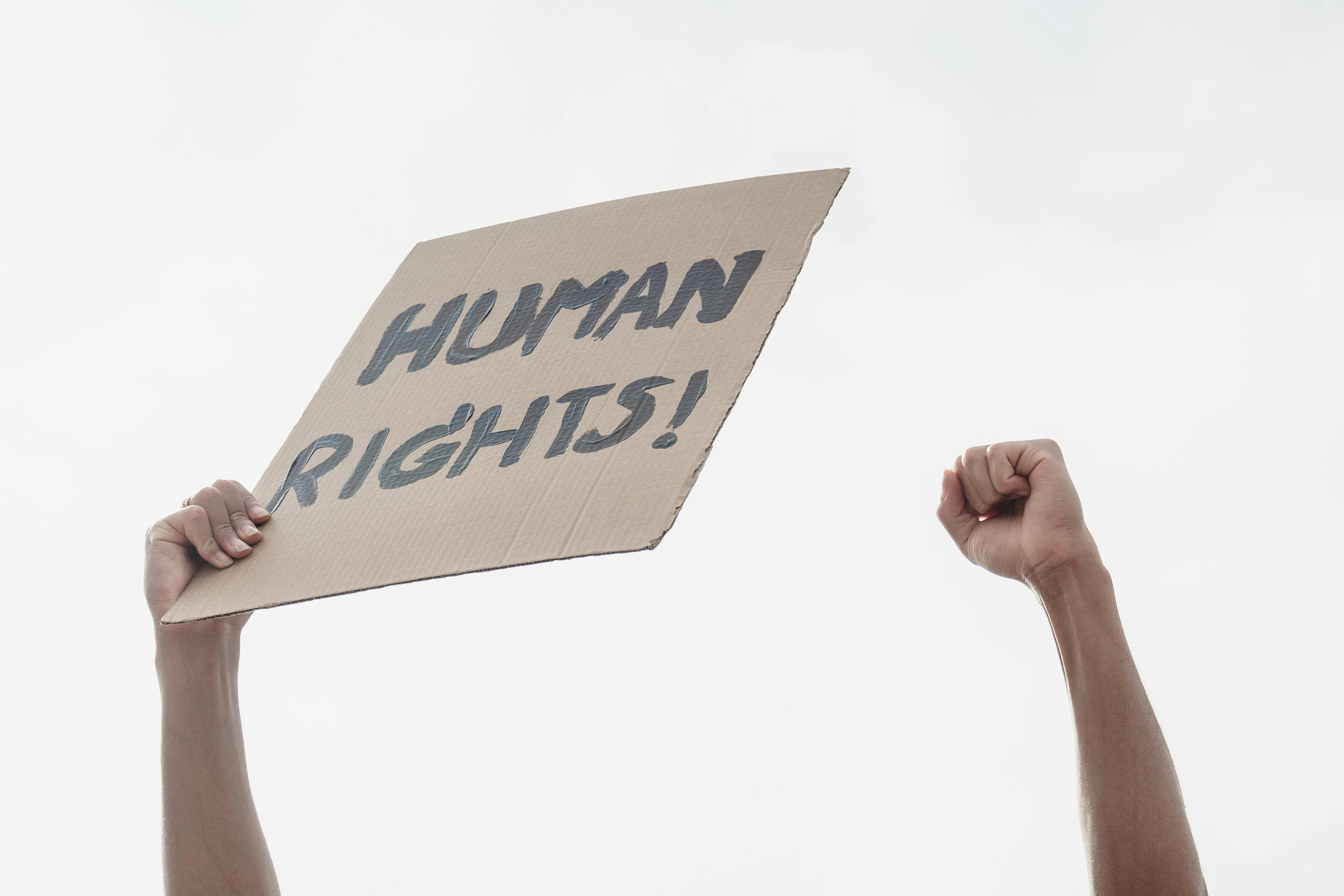Human Rights in Italy: CILD’s contribution for the United Nations
In January 2025, as part of the Universal Periodic Review (UPR), the member states of the United Nations Human Rights Council will assess the state of human rights in Italy and present their recommendations to the government. In anticipation of this evaluation, CILD has submitted its contribution, developed collectively with the participation of some of the Coalition’s partners: Associazione Antigone, Associazione 21 luglio, Cittadinanzattiva, and Lunaria.
The Universal Periodic Review (UPR) is a mechanism established in 2006 with the aim of improving and supporting the protection and respect of human rights in the member states of the United Nations Human Rights Council. Every 4.5 years, the government, civil society organizations, and governmental human rights organizations of each member state are called to present their observations on the state of human rights in the country, also considering the progress made regarding the recommendations presented in previous cycles.
As in 2014 and 2019, Italy will be evaluated in 2025 by the UPR Working Group, which will present its recommendations based on the information received from the various stakeholders involved. In our Joint Submission, we aimed to highlight the concerning impact of recent regulatory developments on the guarantee of human rights in Italy.
As regards migration, we highlighted the increasing use of hotspots and administrative detention to manage migratory flows and forced returns. The lack of an effective regularization system and the precariousness of reception measures compromise the right to asylum and access to international protection, with severe consequences for migrant women and unaccompanied minors in particular. Civil society engaged in search and rescue operations is increasingly criminalized. Moreover, we condemned the severe human rights violations resulting from the externalization of migration management through cooperation with Libya and the recent agreements with Albania.
Access to citizenship in Italy is also critical due to the failure of recent reform attempts. There are severe violations of the rights of Roma and Sinti people, who live in conditions of extreme marginalization and segregation.
The situation of Italian prisons is worrying, worsened by recent legislative reforms that exacerbate the overcrowding situation in both adult and juvenile detention facilities.
There are also significant deficiencies in the rights of women and the LGBTQIA+ community, as the measures in place to combat discrimination are insufficient. There is still no specific crime of femicide, access to abortion is critical, and same-sex couples continue to have very limited rights, especially regarding adoption and parental rights.
There are serious concerns about transparency and access to information, particularly due to the progressive erosion of freedom of expression and the media in Italy. We also highlighted shortcomings regarding the right to health, with particular attention to people in situations of social marginalization and the geographical inequalities of the national health system. Finally, we highlighted Italy’s persistent drawbacks concerning the overall legislative framework for human rights protection.
In the following months, the Italian government will also present its observations. In December, we will present our document at the pre-session taking place in Geneva, which precedes the official session of the UPR Working Group. On this occasion, we will present our concerns to the various stakeholders involved in the review process.
Photo via Pixels.





